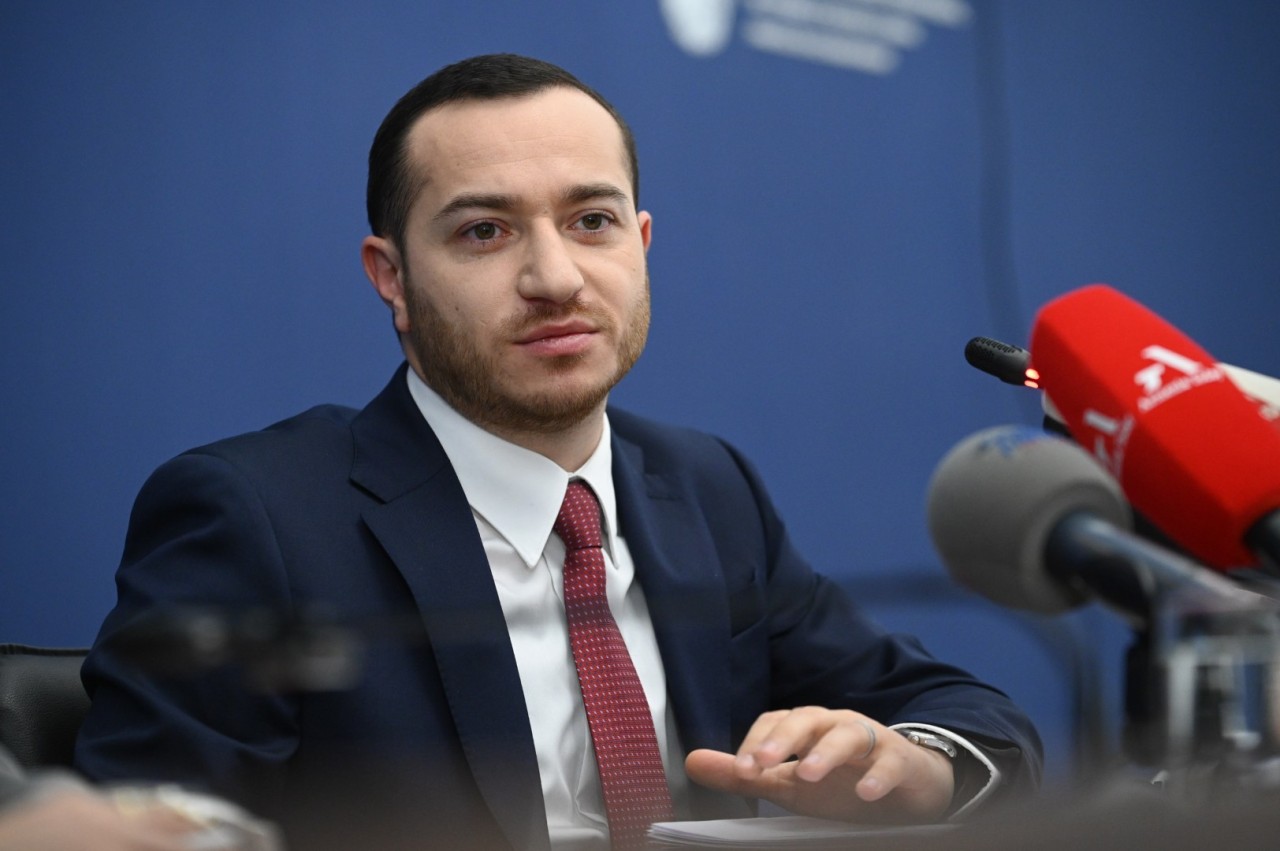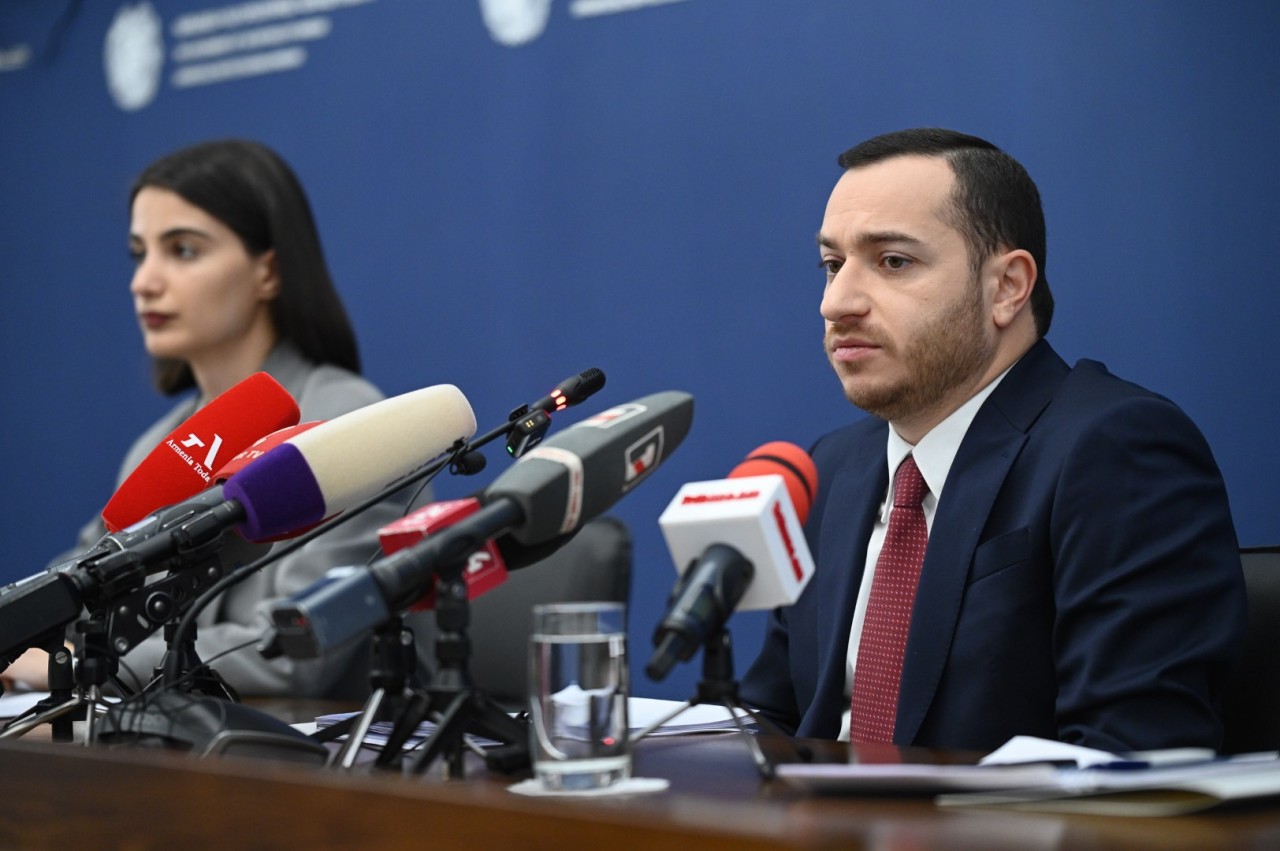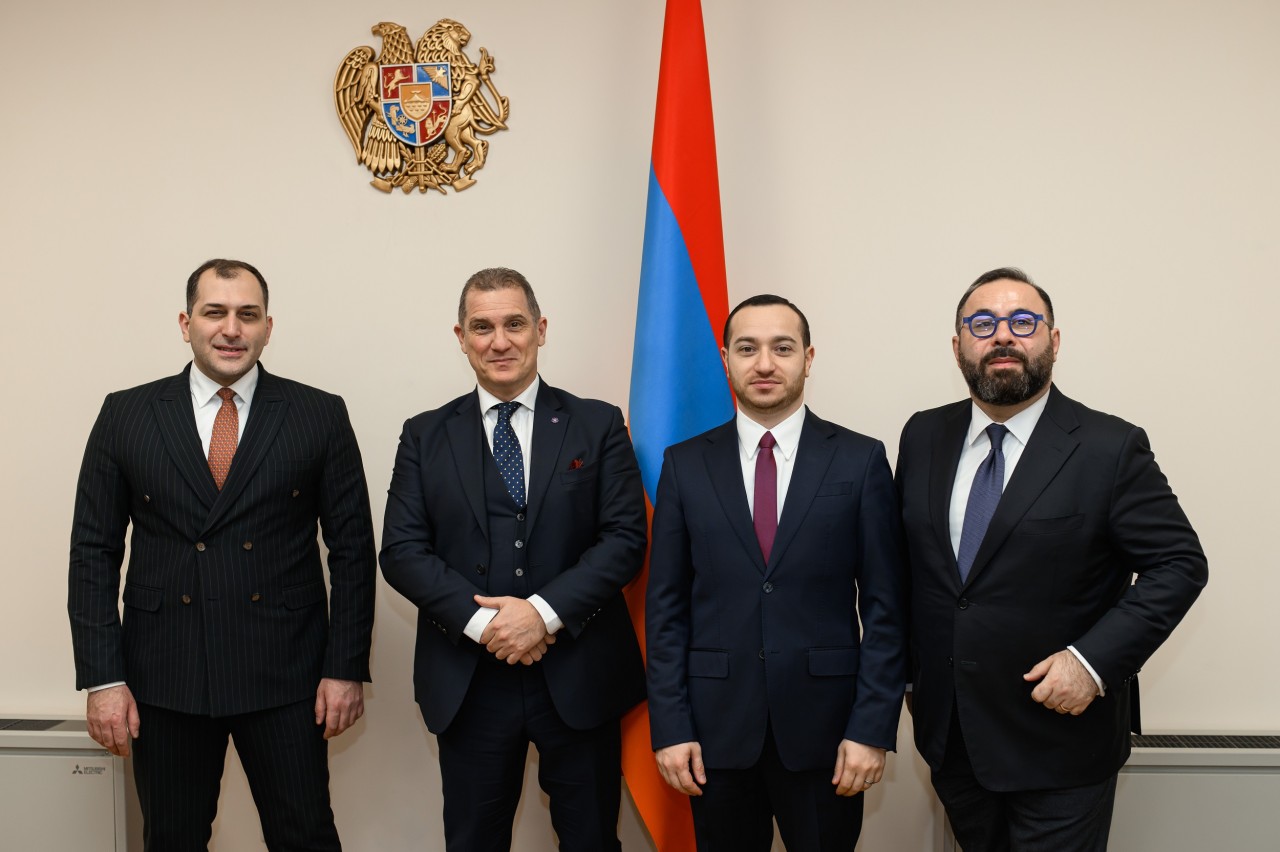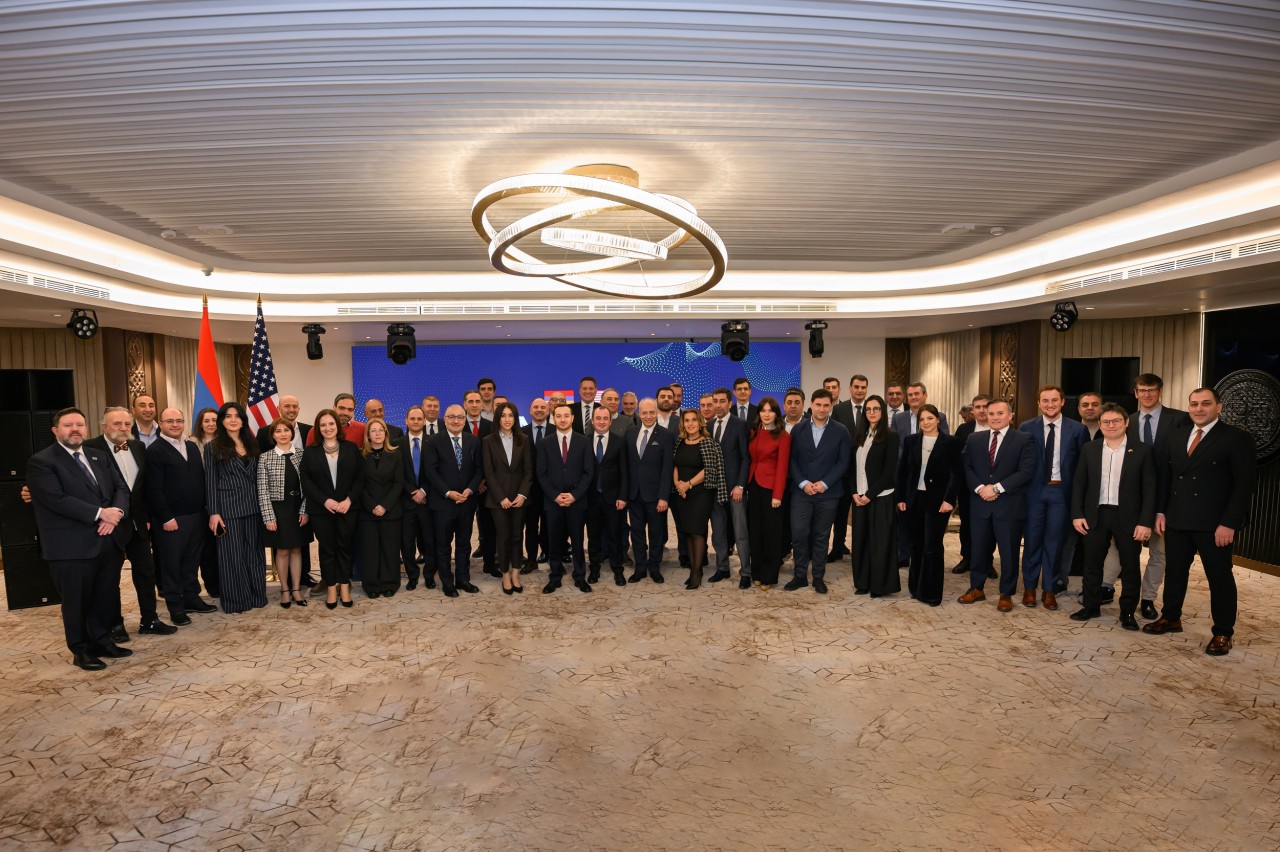RA Minister of High-Tech Industry Mkhitar Hayrapetyan Summarized the Ministry\'s Activities in 2024
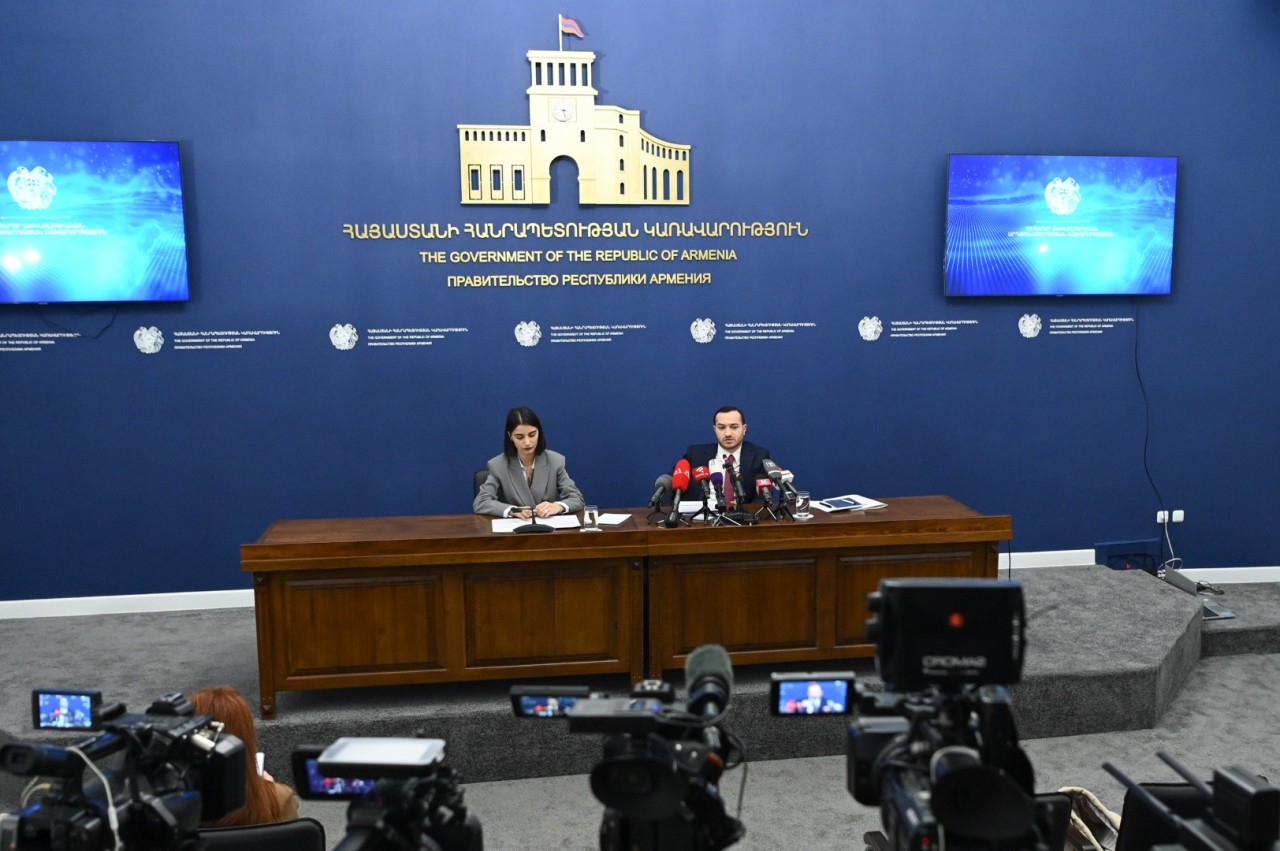
RA Minister of High-Tech Industry Mkhitar Hayrapetyan summarized the Ministry's activities for 2024 during a press conference held on January 9. Below is a summary of his speech:
"As a result of long-term efforts, in 2024 we successfully introduced a comprehensive package of amendments to the Law on the 'Military-Industrial Complex,' granting the Military-Industrial Committee (MIC) four major new functions. These amendments require the adoption of four sub-legislative legal acts in the form of Government decisions.
The first of these acts will regulate the processes of formation, implementation, reporting, and financing of scientific research and experimental design work. The second will address the production of prototypes. The third concerns the process of state testing. The fourth will enable the state, using its resources, to procure raw materials, products, spare parts, and military-grade components, which will then be supplied to private-sector military industry companies.
Two of these four categories have already been finalized. Within a maximum of three months, all four will be adopted by Government decision, significantly accelerating the development of Armenia's military industry.
In addition to legislative changes, we have implemented another fundamental reform in the military sector. For decades, military-industrial companies contracting with the Ministry of Defense for domestically produced goods were subjected to a 15% profit margin threshold. This limitation was a limitation to growth. After lengthy negotiations, we made the bold decision to reduce this profit threshold. Military manufacturers and major customers can now negotiate prices freely, offering a much-needed boost to the military-industrial companies.
Moreover, for the first time in years, all major factories of the largest state-owned military-industrial companies recorded profits in 2024. While we have yet to implement development programs in these factories, this demonstrates that state-owned companies can be managed effectively to not only meet liabilities but also generate profits.
Although the profits generated in 2024 were modest, this achievement is noteworthy. Coupled with our plans for strategic investments, we are confident these companies will deliver quality products to the armed forces in a timely manner.
In addition, as I have already mentioned, we have set ambitious goals outlined for 2025 in this area. While we aim to achieve as much as possible, even accomplishing half of our targets will be a significant milestone. Beyond serving Armenia's security needs, we view the military-industrial complex as a critical economic sector. With effective management and investment, it will play a substantial role in the economy.
In this context, we plan to support the export of domestically produced military goods by refining export procedures and creating institutional frameworks to promote military product exports. We also aim to enhance flexibility in funding R&D projects and improve intellectual property protection mechanisms, encouraging scientists and engineers to utilize state-funded grant programs.
The Ministry will oversee the procurement and reserve creation of components and spare parts for military-industrial products. We will promote private-university collaborations, establish targeted scientific laboratories—including in artificial intelligence—and launch incubation programs for military-industrial startups.
We are seriously considering launching incubation processes for startups in the military-industrial sector. Here as well, we intend to take active steps: conduct narrow professional training courses for IT companies, engineers, and product managers by international companies. Through collaboration with the private sector, we also plan to establish new factories, simplify licensing procedures, and introduce modern standards.
During parliamentary discussions, opposition MPs often raised concerns about low performance indicators. In October 2024, during a Government Q&A session, I committed to achieving at least AMD 200 million more in scientific research and experimental development expenditures compared to 2023. Preliminary data indicates we exceeded this goal, spending approximately AMD 1.45 billion in 2024, up from AMD 1.1 billion in 2023.
To address concerns from opposition colleagues and public stakeholders, I clarified that while performance indicators appeared low in October, most contracts were signed in November and December. For 2025, we anticipate substantial progress, supported by legislative changes and more attractive state grant programs for military industry participants.
In the technology sector, active legislative discussions began in early 2024. At the end of 2023, the Government announced the cessation of annual support program extensions, opting instead to adopt a long-term law in 2024. This law, effective January 1, 2025, introduces institutional solutions and tools for technology companies. It provides an estimated USD $80 million in annual support for seven years, supplemented by fiscal tools and tax incentives. However, It remains challenging to predict the number of companies that will benefit from these programs or the volume of transnational companies entering Armenia. By 2025–2026, we will have clearer assessments.
Additionally, in 2024, we initiated work on a comprehensive high-tech industry strategy. Partnering with USAID, we launched a tender, resulting in a consortium of local and international experts. By mid-2025, we anticipate presenting a draft strategy to the public and professional organizations, aiming for adoption by year-end. This strategic document will identify 2–3 priority areas for large-scale investments, positioning Armenia as a regional and global technology leader."
Following his speech, Minister Mkhitar Hayrapetyan participated in a Q&A session, addressing the Ministry's programs and answering journalists' questions.


